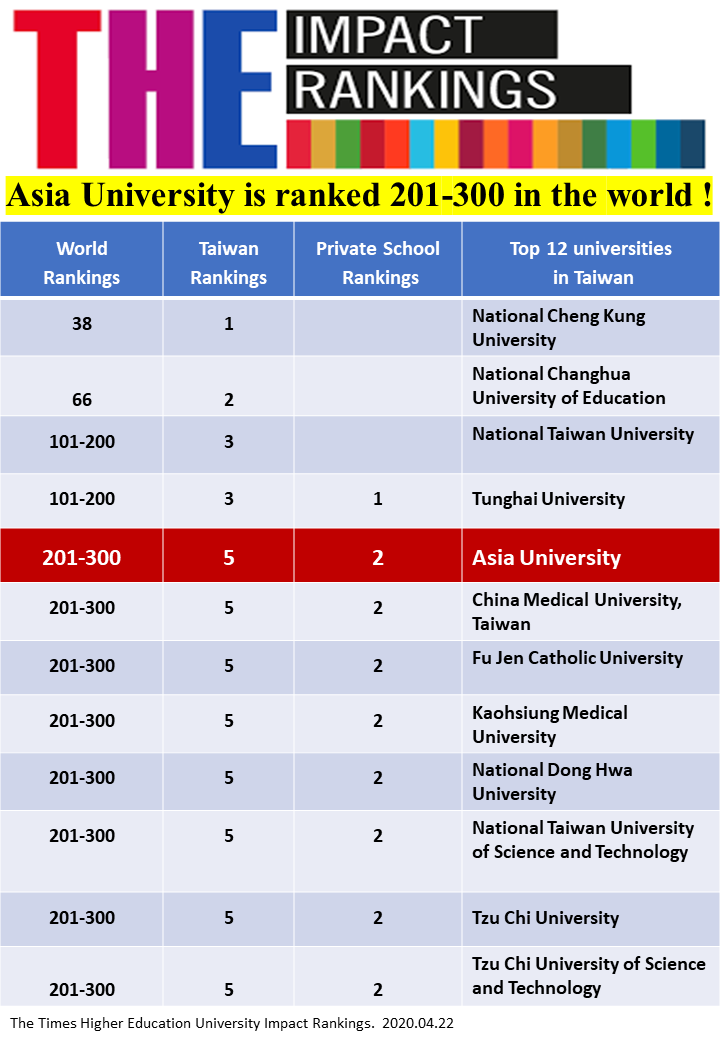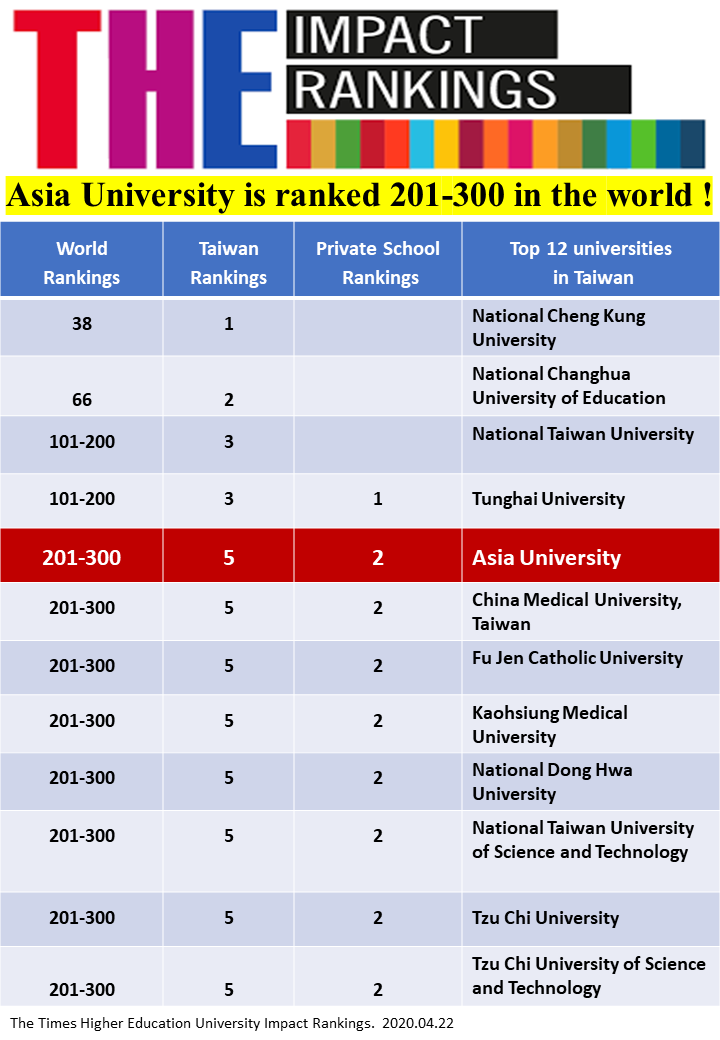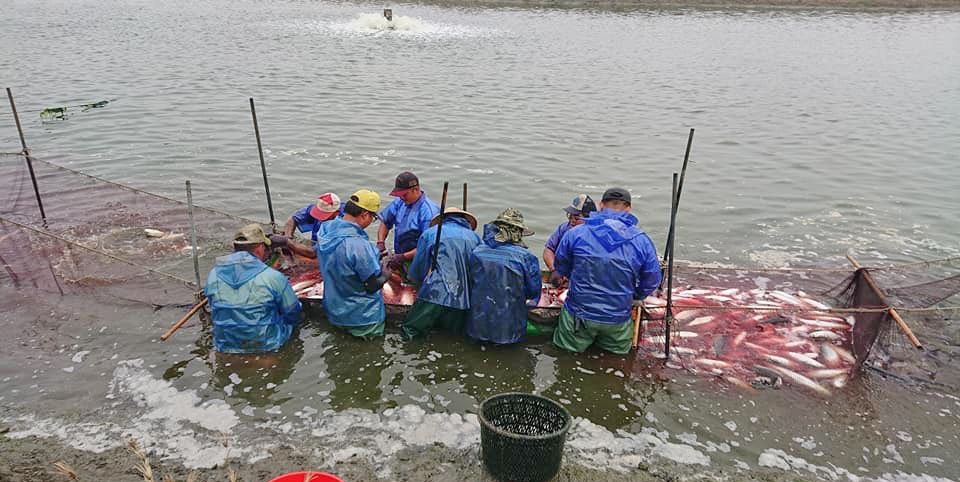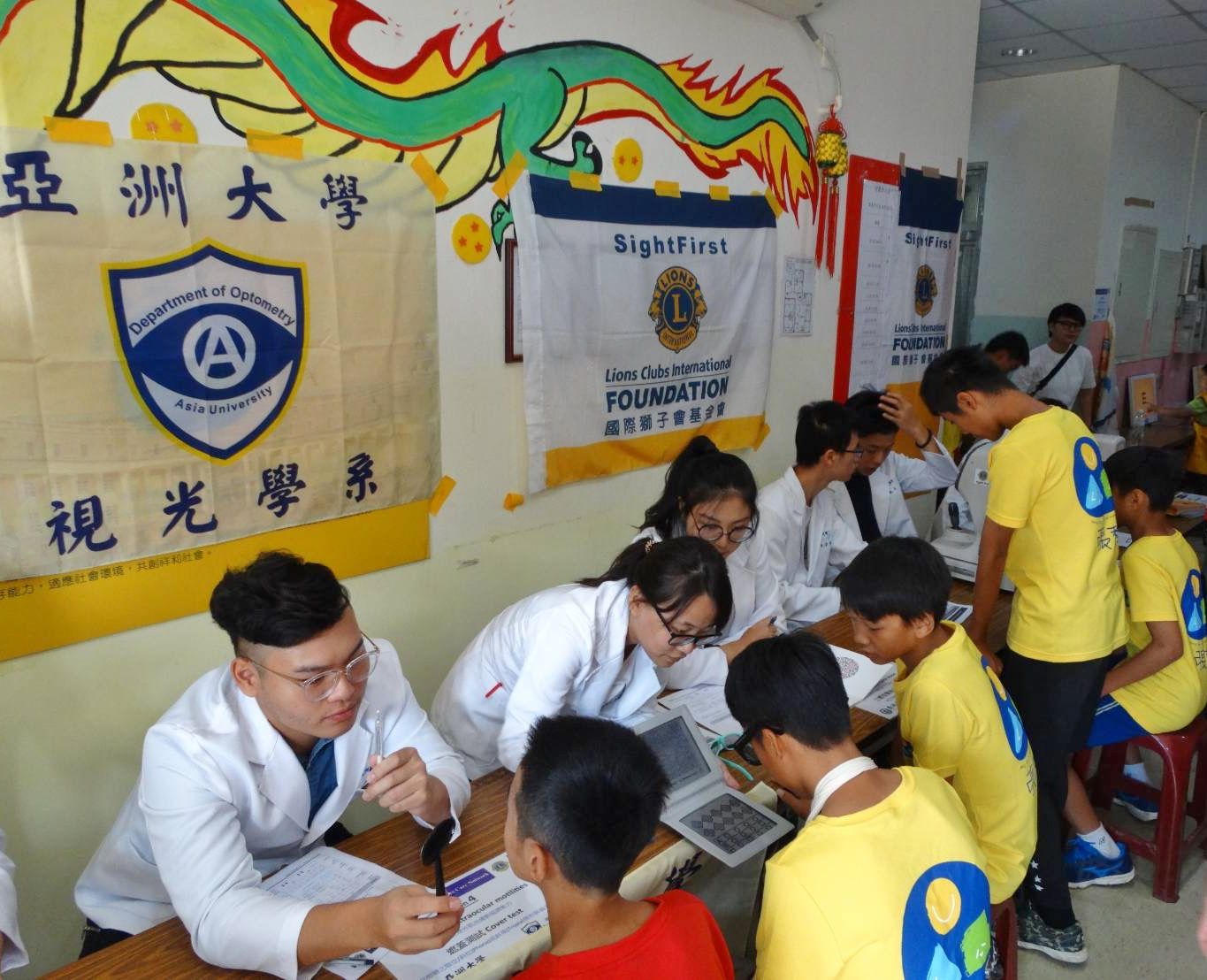AU is the top-5 universities and top-2 private universities in Taiwan after being ranked in No. 201-300 in the 2020 World University Impact Rankings.
The Times Higher Education (THE) Magazine on April 22 released the 2020 World University Impact Ranking, and Asia University (AU) is ranked in the group of No. 201-300 in the world, No. 5 in Taiwan, and No. 2 in Taiwan’s private universities. The University Impact Ranking, now in its second year, measures how a university’s education, research, and public engagement activities are delivering against the United Nations’ 17 Sustainable Development Goals (SDGs). In total, over 800 universities from 89 countries around the world were evaluated, and 12 Taiwan’s universities enter the list of the top-300 universities in the global Impact Ranking. “It’s really pleasing that AU is ranked a higher position for social and environmental impacts, although more universities than ever enter the ranking,” said Prof. Jeffrey J. P. Tsai, the President of AU. Prof. Huei-Chen Ko, a Vice President and the Director of the Center for University Social Responsibility (USR Center) at AU, emphasized further that AU has always been extending its research results to guide both the local industries and the city to innovate. Moreover, Ko pointed out that the Center for Artificial Intelligence Innovation was established this year to integrate AI technology into researches designed to improve agricultural and natural-resource problems. And, as an example, Ko said that AU constructed a sustainable wastewater treatment and recycling system for sprinkler irrigation to enhance sewage supplies during the summer and winter vacations. “AU has worked together with the local government to promote environmental awareness to people and help provide them with the skills to take responsible actions to protect the environment,” said Shao-Liang Chang, a Deputy Director of the USR Center.
Furthermore, as pointed by Chang, AU provided information about a range of financial supports, which was available to those students who found themselves in need of financial assistance. In 2018, for example, a total of 104 students from low- and middle-income countries were offered scholarships. Additionally, AU has developed complete learning guidance and promoted assistance mechanisms to help students with special needs in education or with disabilities. For many products, plastic continues to be an excellent packaging material which can protect the product effectively. However, plastic waste causes significant problems when it is discarded in the environment. To reuse plastic waste, AU seeks new ways to add easily recyclable or reusable packaging. These efforts by AU help people with the responsible use and recycling of plastics.
|

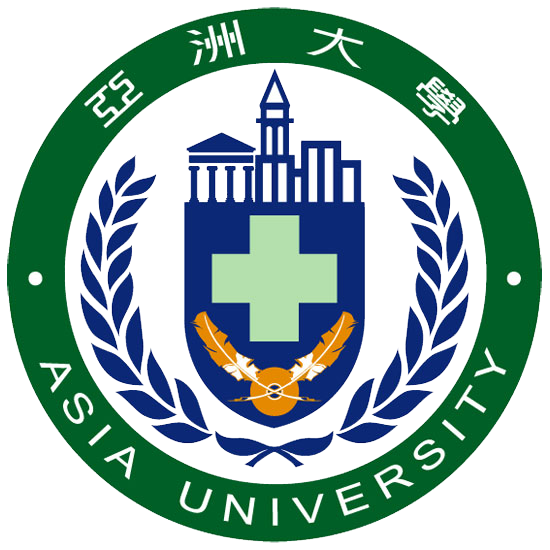 OFFICE OF ACADEMIC AFFAIRS-Student Internship and Learning Guidance Division
OFFICE OF ACADEMIC AFFAIRS-Student Internship and Learning Guidance Division